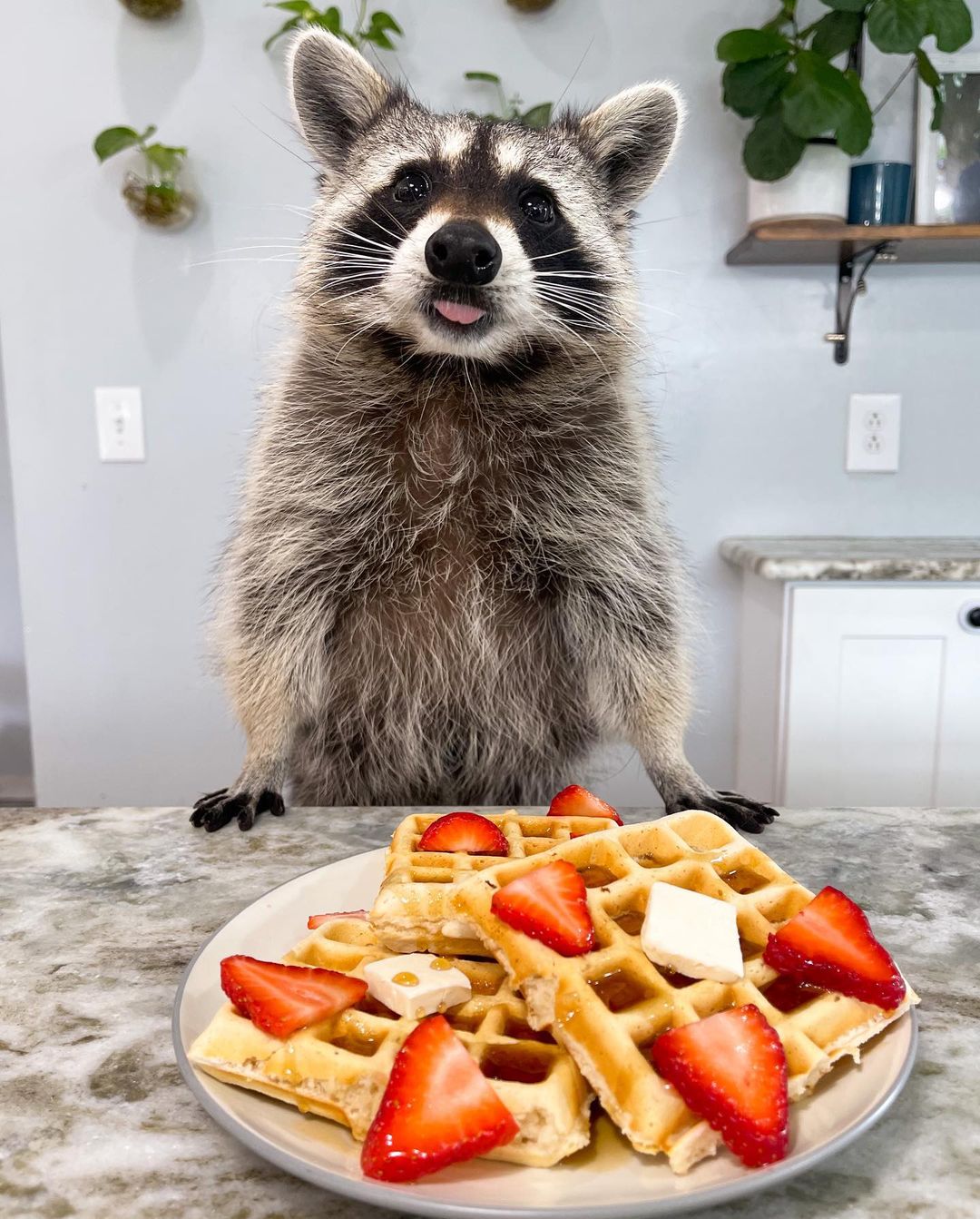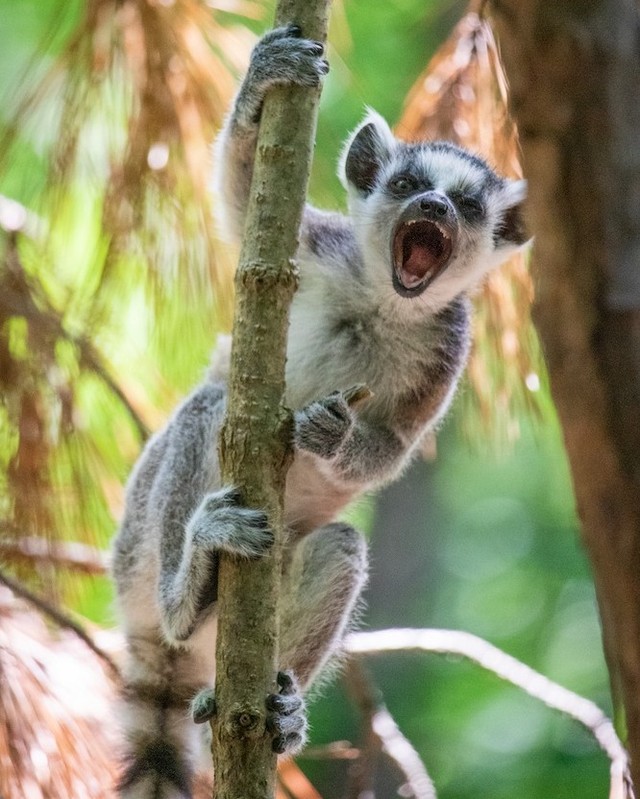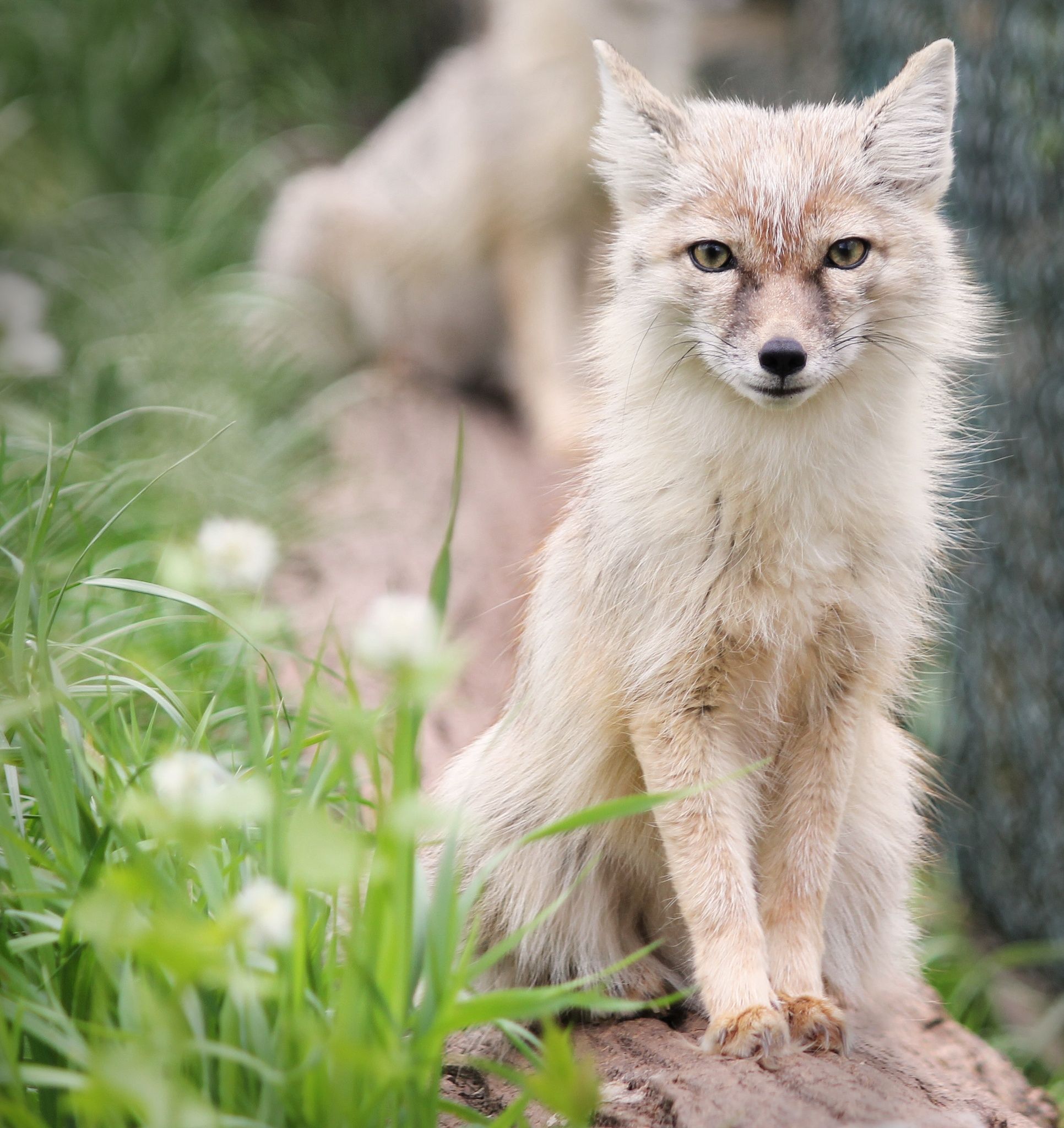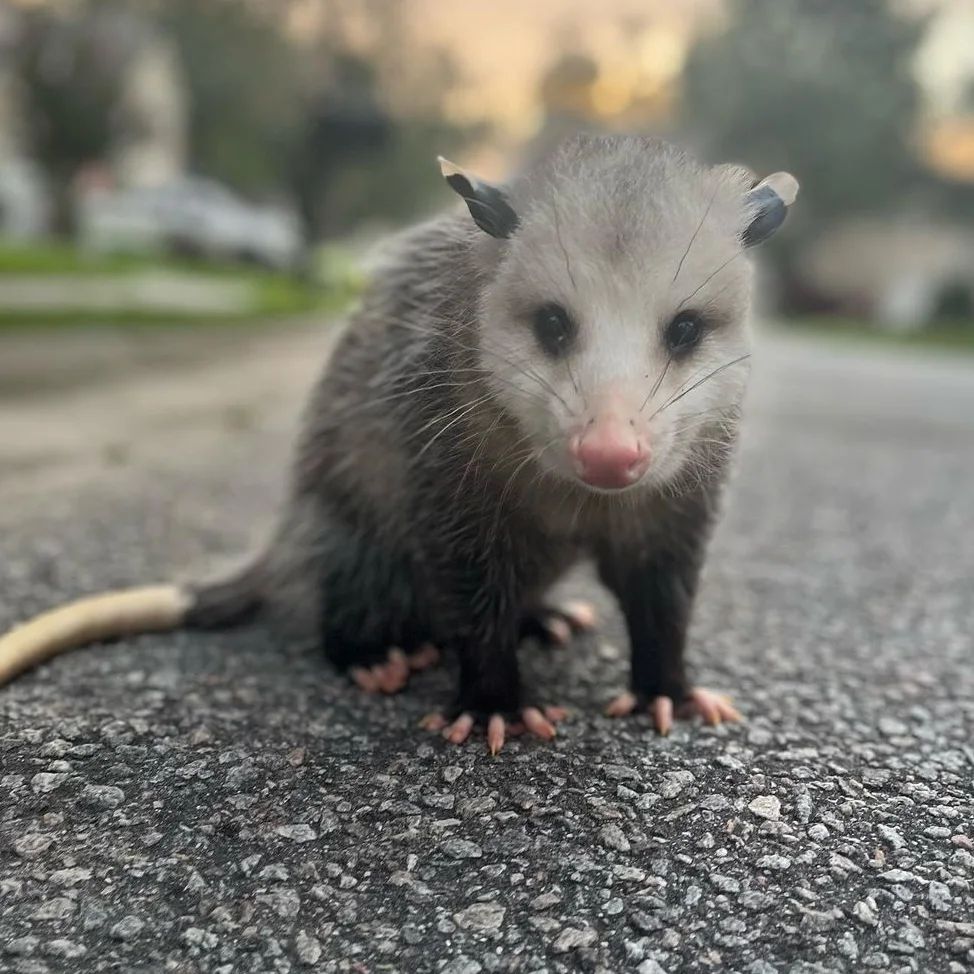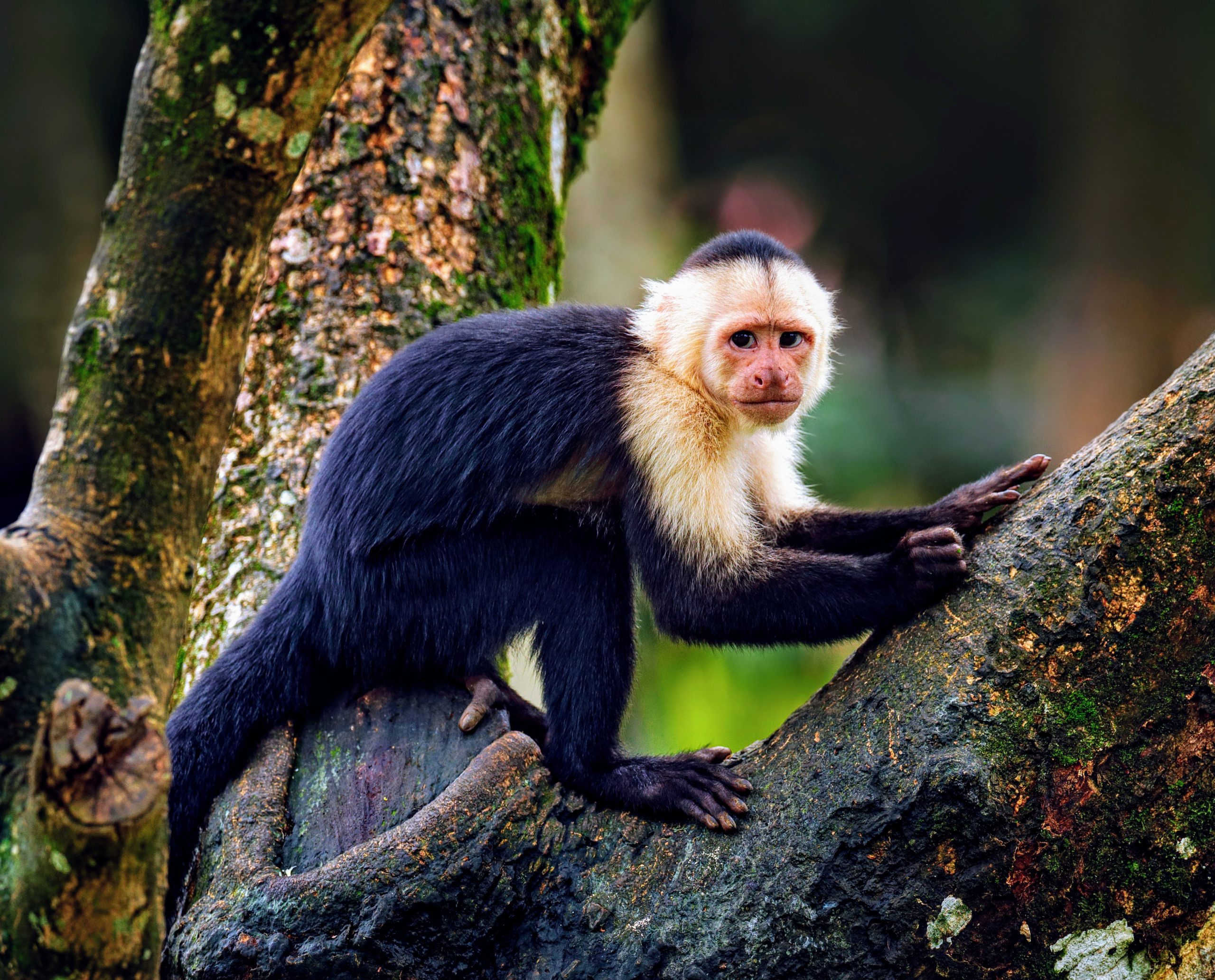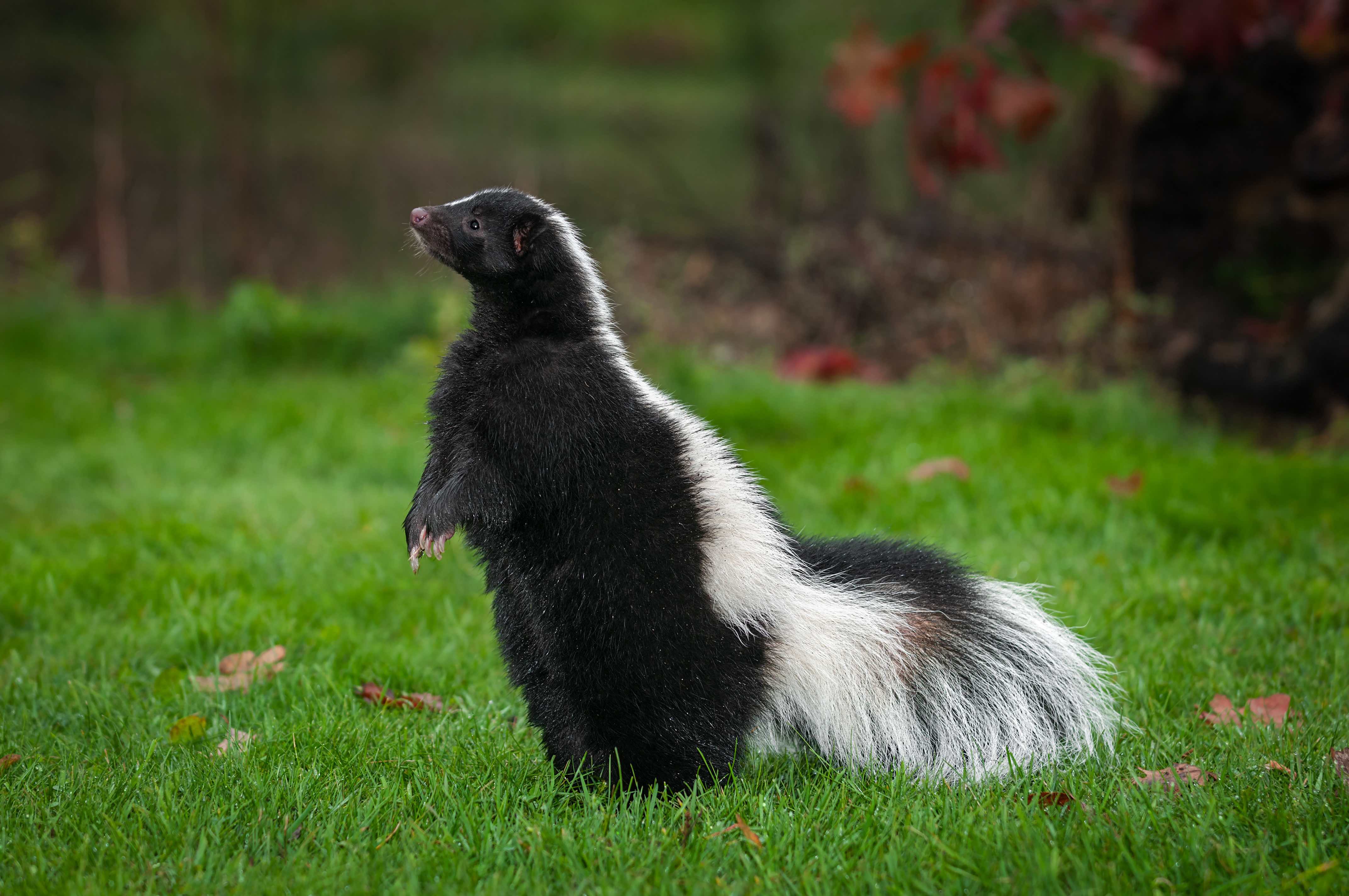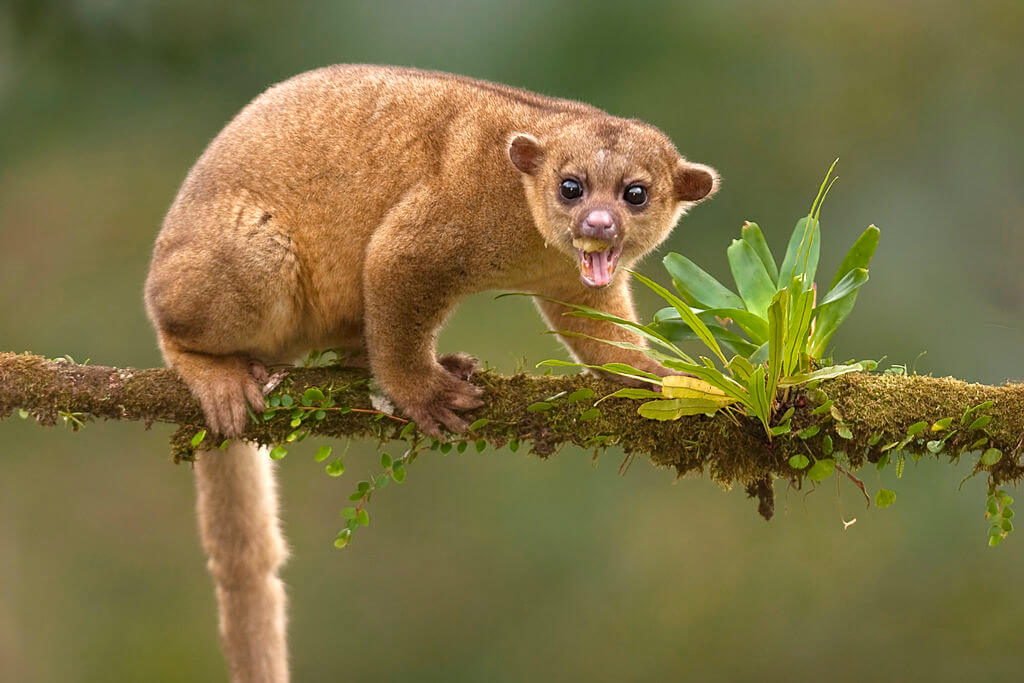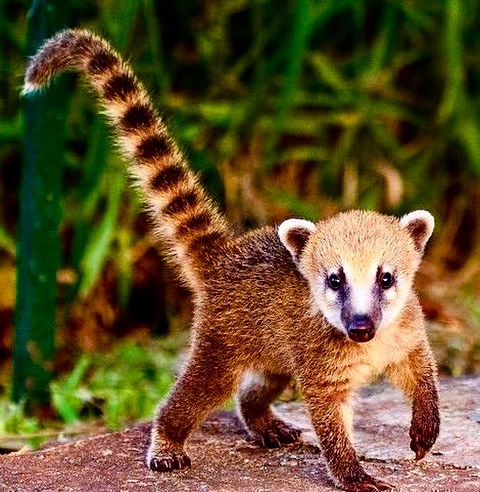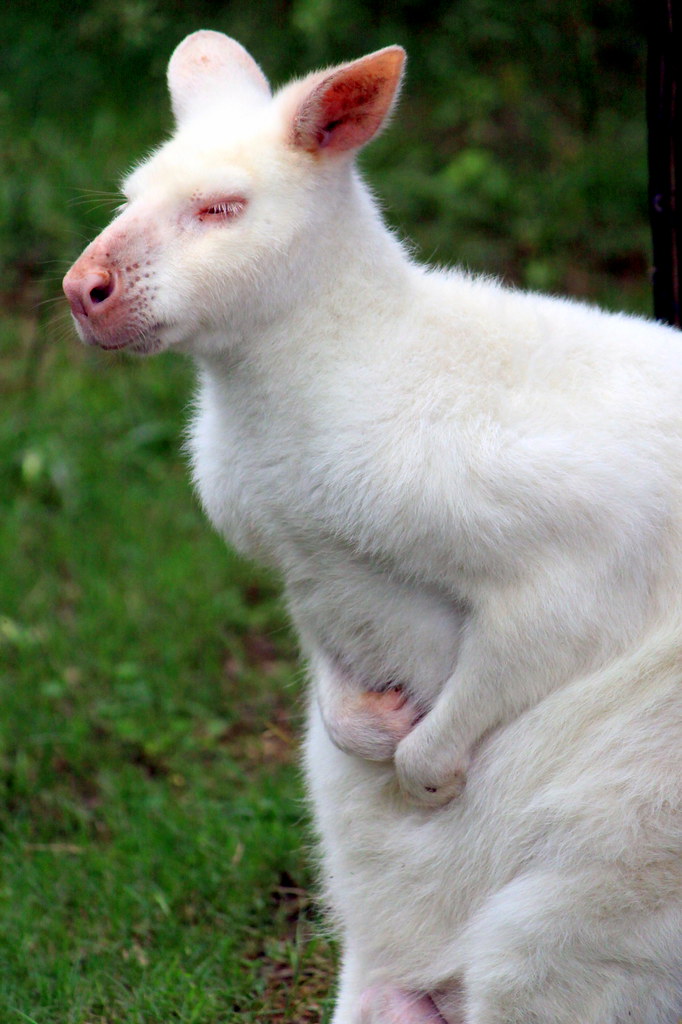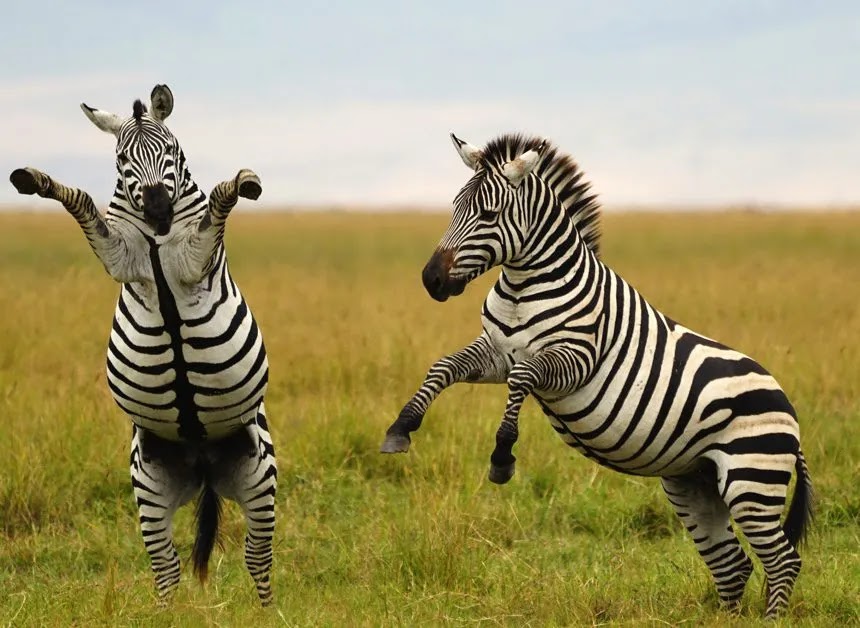Florida approves quite a few wild animals that are largely banned in other states to be owned as personal pets for no logical reason. However, some of these animals require permits, most of which are obtainable at no cost.
Florida divides wild animals as personal pets into three classes: Class I wildlife, Class II wildlife, and Class III wildlife based on the real or potential threat they pose to the public. The eleven animals on this list fall under Class III wildlife. Class III wild animals are legal to keep as pets with a permit you can obtain for free.
However, before you are issued a Class III permit, you will answer a few basic questions about the particular animal you would like to own and how you plan to care for it. In addition, you are to be at least 16 years of age and live in a permanent residence in Florida. The duration of the Class III permit is two years. It is, however, worth noting that the permit does not cover taking a pet in public. If you wish to take your pet outside of the home, you are to apply for a license for exhibition instead of the Class III Personal Pet No-Cost Permit (PPNC).
1. Raccoons
One of the few US states that issues permits and allows people to own raccoons as personal pets is Florida. According to
WebMd, these well-known rabies vectors can be domesticated and trained to become affectionate. Known for the mask-like markings on their faces, raccoons are cute are intelligent little animals. On average, a raccoon can live up to five years in the wild. However, as a pet, a raccoon can survive well past a decade if given the needed care. Tito the raccoon, is considered the most popular pet raccoon on the internet with virtually
250K followers on Instagram alone. The adorable pet and its owner, Mitchell, live in South Carolina.
2. Lemurs
Lemurs are one of the Class III species that require a permit in the Sunshine State. Like any wild animal, lemurs hold fast to their wild instincts. In addition, they are better off staying in groups due to their social nature. But the good news is that lemurs are happy to adapt to home life. According to many people who have owned them as pets, these creatures are expensive to properly care for and training them necessarily takes a lot of time. It's also worth noting that
lemurs are stinky and don't always obey their owners.
3. Foxes
Florida Wildlife Commission list all foxes under Class III Wildlife. According to multiple sources, foxes rarely attack humans as they naturally tend is to run from humans rather than attack or fight them. Nevertheless, they are to be treated with caution. On average, foxes can live up to 4 years in the wild. However, in captivity, foxes can live up to 14 years.
4. Opossums
When it comes to owning a wildlife pet, opossums do not usually come to most people's minds. Sometimes, people find these cute animals abandoned and consider raising them as pets. Over the past few years, many people have been keeping short-tailed opossums as exotic pets. According to some owners, opossums are very small, friendly creatures that can be a great choice for beginners. In addition, these cute little animals have easy care requirements. On average, opossums can live up to 2 years in the wild and up to 4 years in captivity.
5. Capuchin monkeys
These New World monkeys are famous for their appearance in many movies and tv shows. A capuchin monkey has a lifespan of 15 - 25 years in the wild. However, wildlife experts are adamant that capuchins can not make great pets even though they are deemed the most intelligent New World monkeys. Nevertheless, many people love having them as pets because of their small size and cute appearance. In addition to Capuchin monkeys, you can also obtain a permit for spider monkeys, marmosets, and tamarins in Florida.
7. Skunks
The life expectancy of a pet skunk is 15 years. When domesticated, skunks are known to be loving, and affectionate. As social animals, these non-stinky and cute animals can make great companions as they love playing with their owners. Furthermore, skunks are endearing and pleasant to cuddle. Skunks make good pets.
8. Kinkajous
Kinkajous have a lifespan of up to 23 years in captivity. Although they are known to be aggressive toward their owners when startled, Kinkajous can make good pets, depending on how well they are handled.
9. Coatis
Coatis or Coatimundis are known to be pretty friendly and affectionate when kept as pets. Coatimundis' typical lifespan in the wild is 8 years. However, in captivity, they can live up to 16 years. They are intelligent and easy to care for. Furthermore, Coatimundis are known to be very playful and can get along with your cats and dogs. However, a bored coatimundi can be destructive and aggressive.
10. Wallabies
Wallabies have a lifespan of 15 years both in the wild and in captivity and can legally be owned as personal pets in Florida. While they can be trained to live indoors, wallabies are not encouraged as domestic pets because they are deemed destructive.
11. Zebras
Zebras can be legally owned as personal pets in Florida. However, Zebras don't fit the criteria for domestication because they are unpredictable and not people-friendly. In addition, Zebras there are many accounts of Zebras kicking each other to death and even biting any human that comes too close.
Also check:


